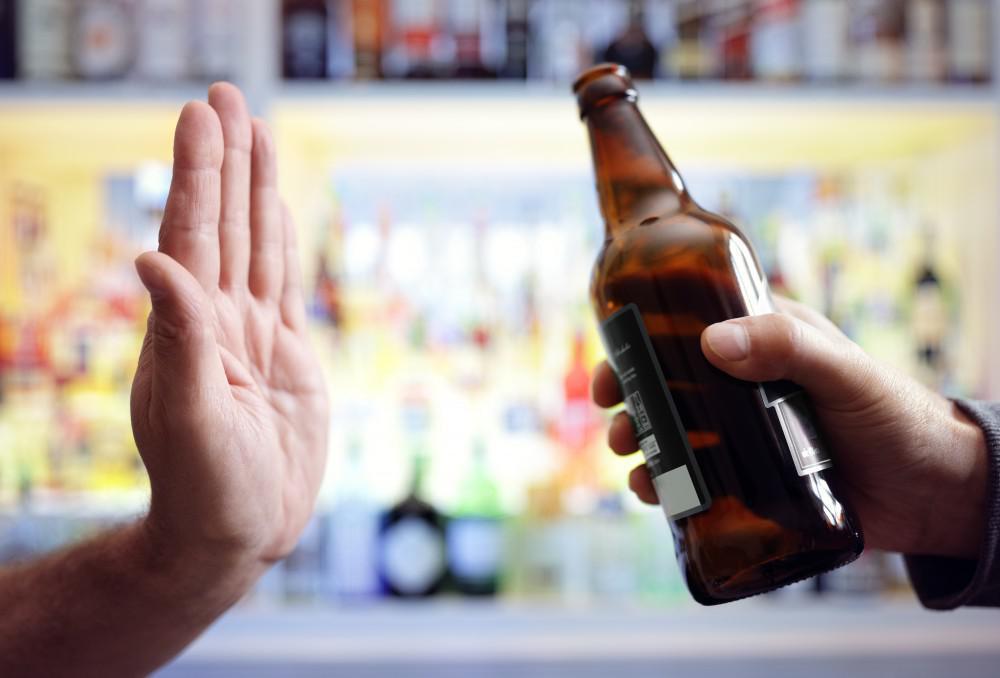
5 Tips for Staying Sober
You’ve done the work to become clean and sober, and you want to do what you can to stay that way. Here are five great tips that will help you safeguard your freedom from a substance use disorder.

It is said that a substance use disorder is a disease of the mind, body, and spirit, which is why getting the right recovery support is paramount.
As addiction medicine specialists, the team here at Northview Wellness understands what it takes to get (and stay) on the road to recovery. As part of our services, we offer comprehensive recovery support, which we break down here.
The first step to breaking free from a substance use disorder is to break the physical dependency on your substance of choice, which we accomplish through detox.
Detoxing from alcohol or drugs can be tough, so we offer some tools that will help ease the withdrawal symptoms and cravings, such as medication-assisted treatments that include oral Suboxone®.
We also partner with The Coleman Institute for accelerated detox, which can sometimes be done in as few as three days.
Once we clear the dependence hurdle through detox, the real recovery work begins as we tackle the addiction side of the equation.
The first year of recovery is often the hardest, as you attempt to navigate your life without turning to drugs or alcohol. There are many roads that lead to a substance use disorder, which means that there are many roads back out.
If you’re struggling with uncontrollable cravings, we can quiet these through specific medications, such as:
By controlling your addiction through medications that work with, or block, your receptors, you can gain the upper hand on your cravings.
While these medications can provide a reprieve from the urge to pick up again, there’s still work to be done to help you find your way forward.
For example, people who are addicted to drugs are twice as likely to have a mental health disorder, such as depression or anxiety. Also called a dual diagnosis, our goal in these cases is to address both the addiction and the mental health disorder through our recovery support.
As well, we’ve found that people who are in early recovery benefit from support groups, such as Alcoholics Anonymous (AA), where you can find a network of people you can lean on.
We also believe that individual therapy and one-on-one counseling can play a valuable role in helping you to reclaim your life after addiction.
Outside of medications and therapy, we offer integrative care so that we can look after your health and wellness from every angle during your recovery. From nutritional counseling to relapse prevention education, we provide you with the tools you need to lead a happy, healthy life that’s free from addiction.
Ultimately, each person’s journey through recovery is unique, and our recovery support services are tailored to your needs. To learn more, please contact our
office by phone or email.

You’ve done the work to become clean and sober, and you want to do what you can to stay that way. Here are five great tips that will help you safeguard your freedom from a substance use disorder.

The connection between a substance use disorder and a mental health issue is a strong one, as the nearly eight million Americans who have a co-morbidity prove. When this occurs, treating both issues is paramount.

Addiction is a chronic disease that requires constant vigilance and good management. When a person falls short, relapse can occur. If you’re worried that a loved one has relapsed, here are some signs to look out for.

You believe that you’re drinking isn’t normal anymore, and you’re tired of the overwhelmingly negative effects that alcohol is having on your life. The good news is that alcoholism is highly treatable.

The rise in availability of telehealth services has been great news for those who need (or would prefer) to receive quality health care from the comfort of their own homes. These services also extend to substance use disorders.

Whether you’ve tried to break your opioid addiction before or this is your first attempt, why not greatly increase your chances of success with Sublocade®? Here’s a look at how Sublocade can ease your recovery journey.